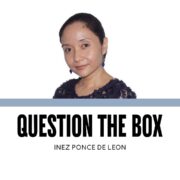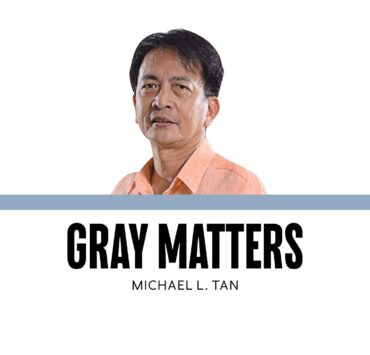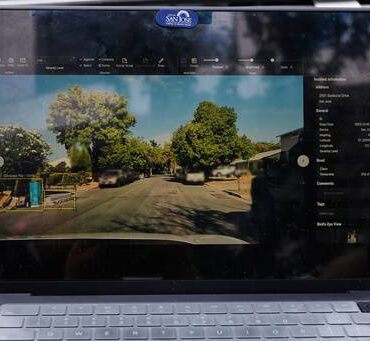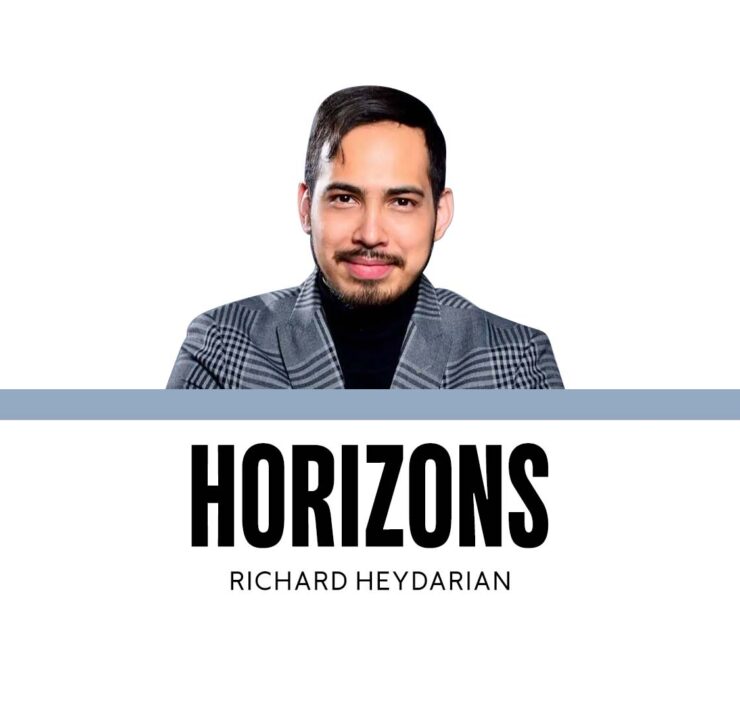‘Enrile Century’: Democracy vs development?
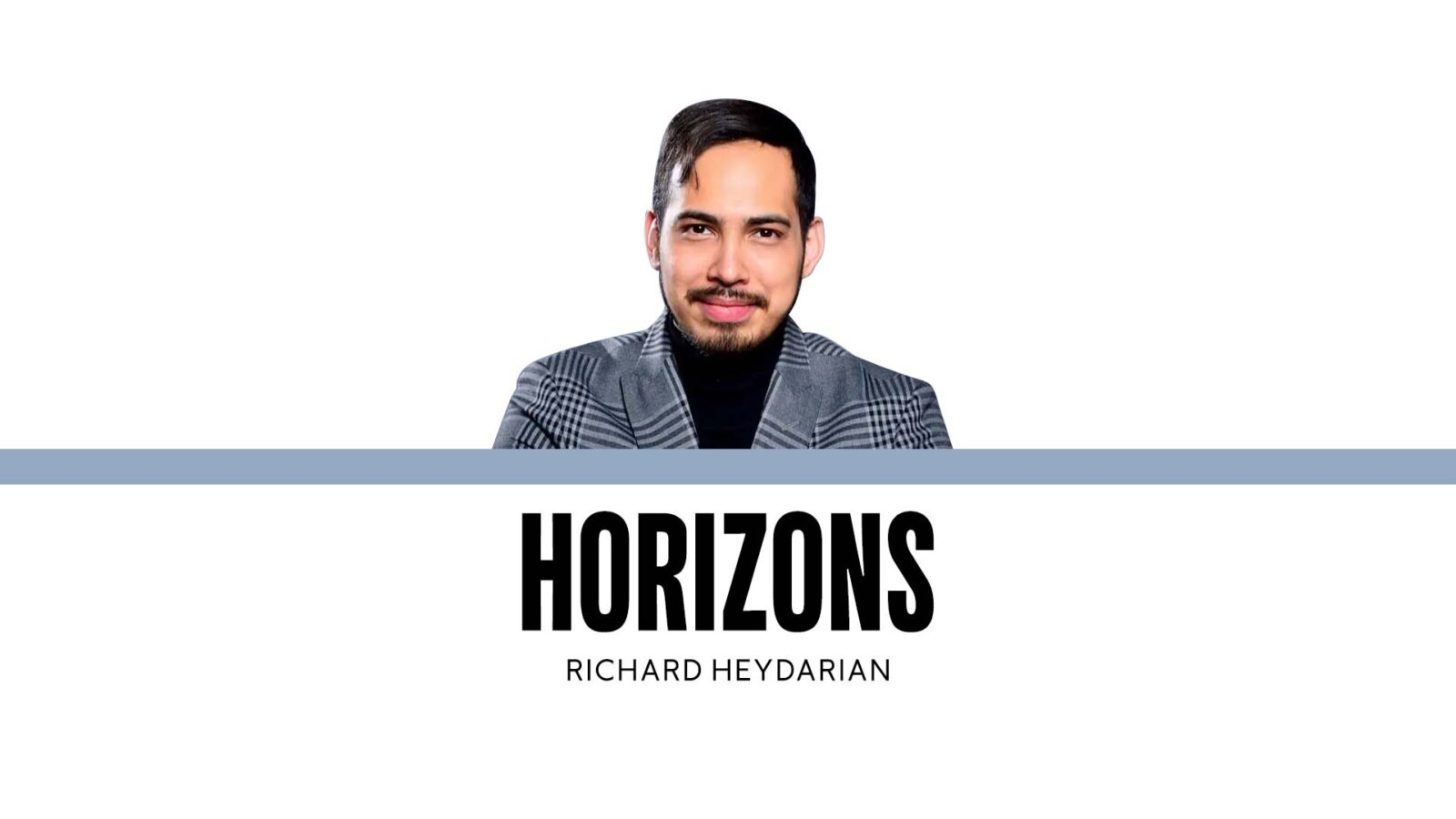
One of the great pleasures of the “life of the mind” is the necessity to meet and debate with people from across the political spectrum. Among the most notable exchanges I have had throughout the past decade were with “elder statesmen,” who both shaped and reshaped history. An hour-long conversation with former Malaysian Prime Minister Mahathir Mohamad was clearly among the highlights of my political journalism in the 2010s.
Barely minutes into our pretaping chatter, I wasted no chance to remind him how, during my childhood, we viewed him both as a titan of Asian politics and as a “strongman.” He was, however, not the only centenarian with whom I had the chance to trade views.
Before he entered his 100th year, former US Secretary of State Henry Kissinger organized a meeting with half a dozen leading strategic thinkers from the Indo-Pacific region to discuss the emerging ”world order.” For some reason, I, then barely in my mid-30s, was among those invited to what turned out to be an extremely lively, open, and intellectually challenging meeting. In a singularly Socratic fashion, Kissinger asked some meta-questions about the nature of the emerging international system and, more fundamentally, the nature of power in the 21st century.
As someone critical of Kissinger’s role during the Indo-China wars, Chilean coup against the Allende government, and other major flashpoints at the height of the Cold War, I found the discussion surprisingly pluralistic and enlightening. For a moment, we were all asked to be sages beyond politics. And it took a Kissinger to make us shift into that meta-thinking process. After all, as the great Cambridge professor David Runciman has argued, we can talk about the past century as the “Kissinger Century,” which coincided with the rise of the American Empire and its full-spectrum impact on the world we live in. I believe we can talk about the past century of our own politics as the “Enrile Century.”
About a decade ago, I found myself in a panel discussion with late Sen. Juan Ponce Enrile during a public forum at Aristocrat Restaurant. He was incredibly sharp and, to be frank, unabashedly domineering—until I politely told him to behave himself as I openly contradicted his dubious version of history. I could, however, understand the source of his brazen exuberance. Unquestionably, Enrile has been one of the most consequential figures in Philippine politics. Throughout his century of life, he both molded and was shaped by critical events. The ultimate survivor. A natural Machiavellian. A skillful politician.
I would, however, say that he also reflected the limits of our system, namely the dominance of personalities, patron-client politics, and intellectual tribalism. I will leave a more systematic analysis of his life and legacy to a proper historian. What I can say as a political scientist, however, is this: with the “Enrile Century” behind us, it’s high time to reinvent Philippine politics not only through formal-institutional reforms and holding corrupt and inept officials accountable through the rule of law, but also through a fundamental reappraisal of our dominant political narratives.
Throughout Enrile’s lifetime, which coincided with the founding of the modern Philippine state, we have been stuck between two extreme tendencies. On one hand, there is the feudalistic narrative of “strongman” leadership, which emphasizes political voluntarism and dynastic politics in the name of national development. On the other hand, we have had the post-modern narrative of horizontal civil society mobilization and “good governance” liberalism in the name of democracy. What both tendencies fatally overlooked is the need for developing a modern state, which is capable of securing basic freedoms and the needs of the citizenry, as well as checking the predatory tendencies of our local oligarchs and foreign powers.
While the shortcomings of the reformist administrations exposed the limits of the second narrative, the ongoing Marcos-Duterte showdown—as in the catastrophic failures of the Marcos dictatorship and Duterte presidency—is exposing the limits of the first narrative. What we desperately need now is a new political paradigm that transcends the reductionist “all we need is a strong leader” and “it’s all disinformation and corruption” narratives in favor of a comprehensive reform package, which truly modernizes our state institutions, deepens our democracy, and provides sustainable development for our people in the 21st century.
richard.heydarian@inquirer.net













